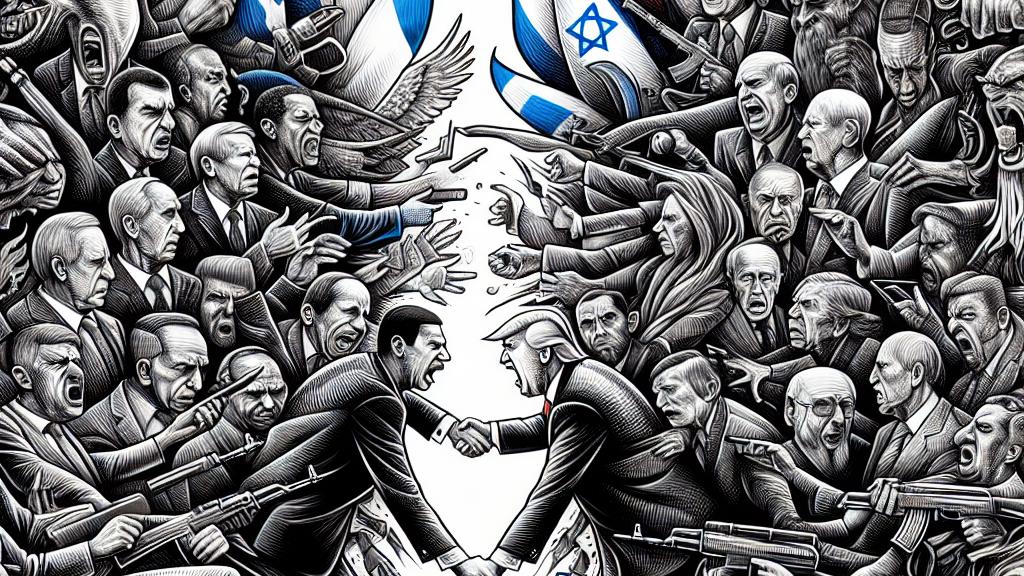Understanding the Tensions Between Nigeria and Niger: A Simple Overview
Overview
- Niger's military leader accused Nigeria of conspiring with France to destabilize the country.
- Nigeria emphatically denied these claims, characterizing them as completely unfounded.
- The diplomatic relationship has grown increasingly tense since Niger’s military coup.

Accusations and Responses
Tensions have reached a boiling point between Nigeria and Niger recently, mainly due to serious accusations from Niger's military leader, General Abdourahmane Tchiani. During a provocative Christmas Day interview, Tchiani alleged that Nigeria was engaged in a conspiracy with France to sabotage Niger's stability, suggesting that the Nigerian government was fully aware of France's supposed alignment with militant groups in the region. This claim is not just a simple accusation; it has far-reaching implications for the already strained relationship between the two countries. In an urgent response, Nigeria's National Security Adviser, Nuhu Ribadu, firmly rejected the allegations, branding them as ‘baseless’ and even ‘false.’ Ribadu emphasized, ‘Nigeria would never engage in actions that could harm Niger,’ reinforcing the point that their nation's interests are aligned with promoting Niger's peace. Even the Economic Community of West African States (Ecowas), a regional bloc Nigeria plays a key role in, quickly leapt to Nigeria's defense, asserting that the idea of Nigeria engaging in destabilizing activities is ludicrous.
Background of the Situation
To put these growing tensions into context, we must consider the backdrop of the recent coup in Niger. In July 2023, Niger's military seized power, ousting the democratically elected president, Mohamed Bazoum. This dramatic turn of events shocked the international community and prompted calls for military intervention to restore constitutional order. Since then, Niger's military government has increasingly urged foreign military forces, particularly from France, to withdraw their troops as they pivot towards alliances with other military-led neighbors like Mali and Burkina Faso. These actions reflect a profound shift in Niger’s foreign policy and are rooted in a desire for greater autonomy from Western influence. Meanwhile, Nigeria's significant role in the region, as a leading economic and military power, makes it crucial for ensuring stability. With accusations flying and alliances shifting, the clarity of Nigeria and Niger’s diplomatic future appears uncertain. The ongoing situation not only affects the two nations but also the broader context of security and cooperation in West Africa, raising vital questions about regional peace and the future of international relations in this vital part of the continent.

Loading...